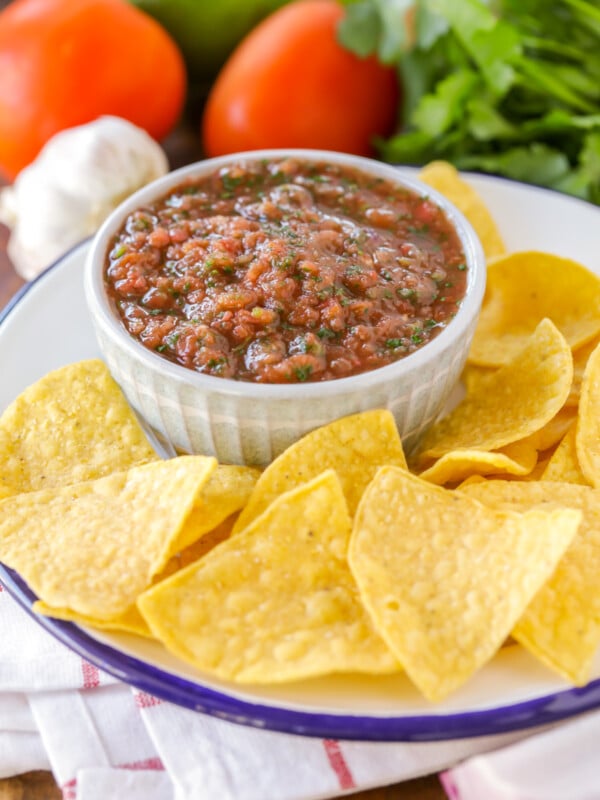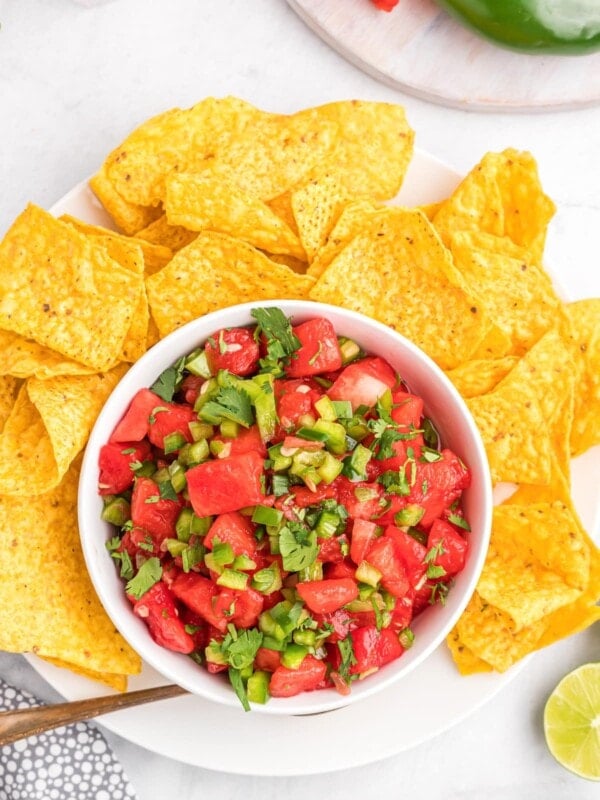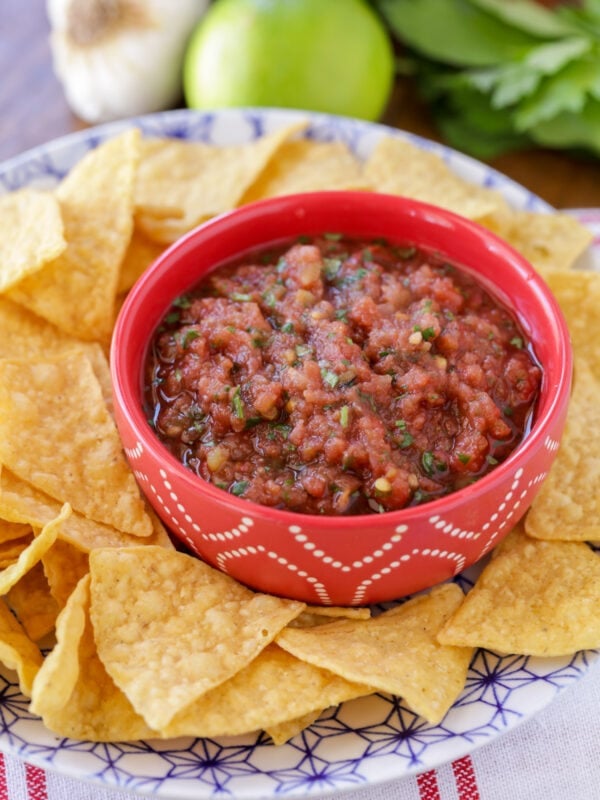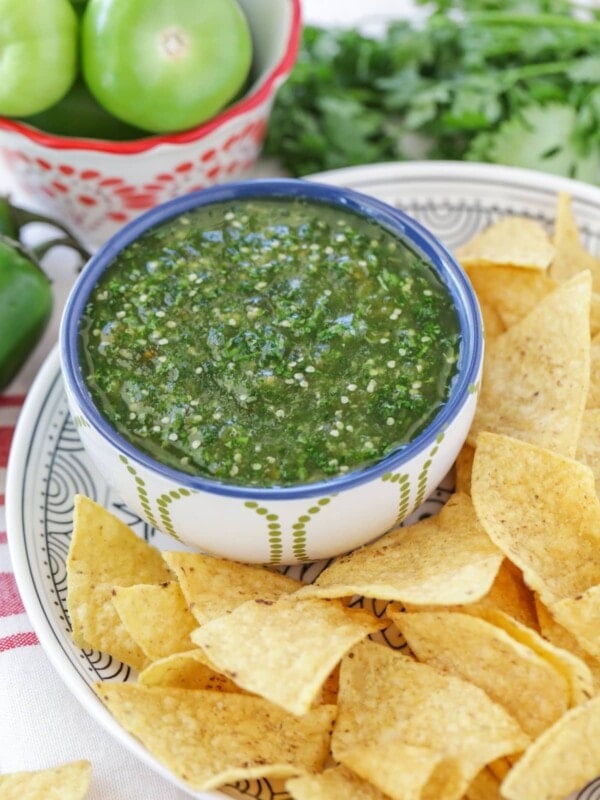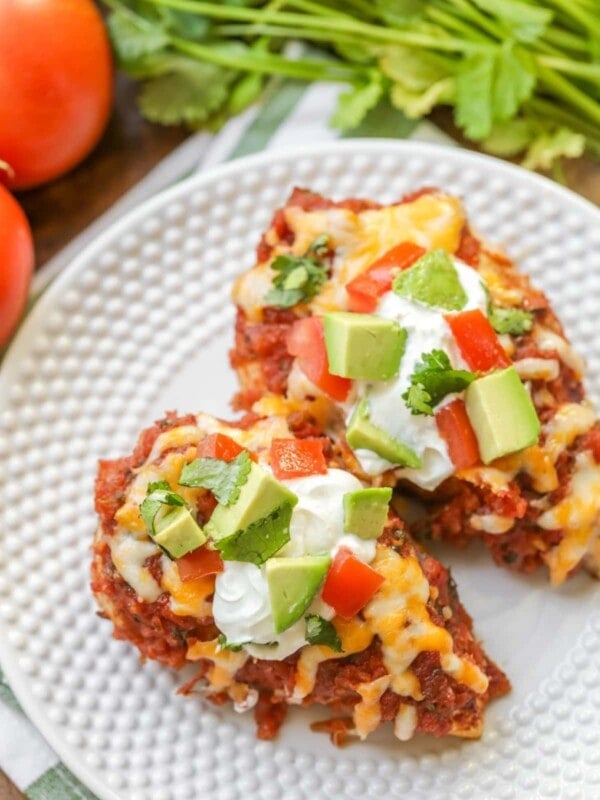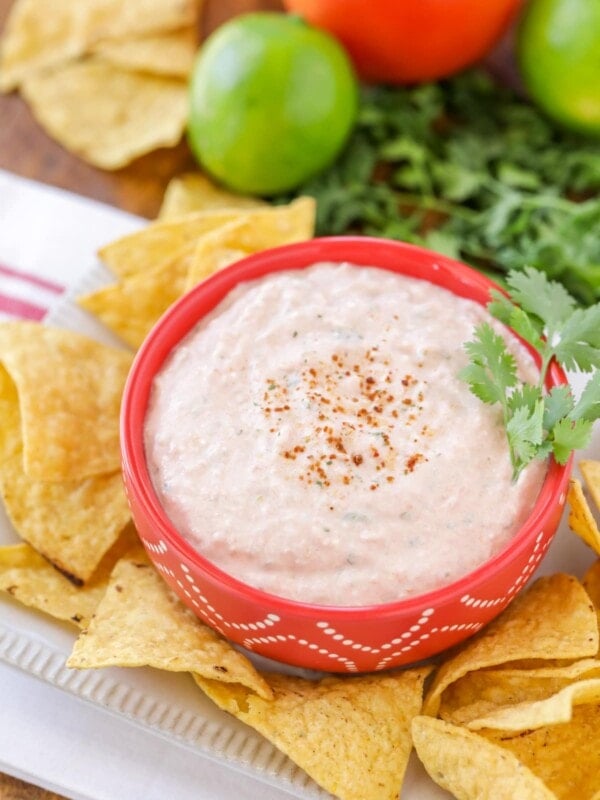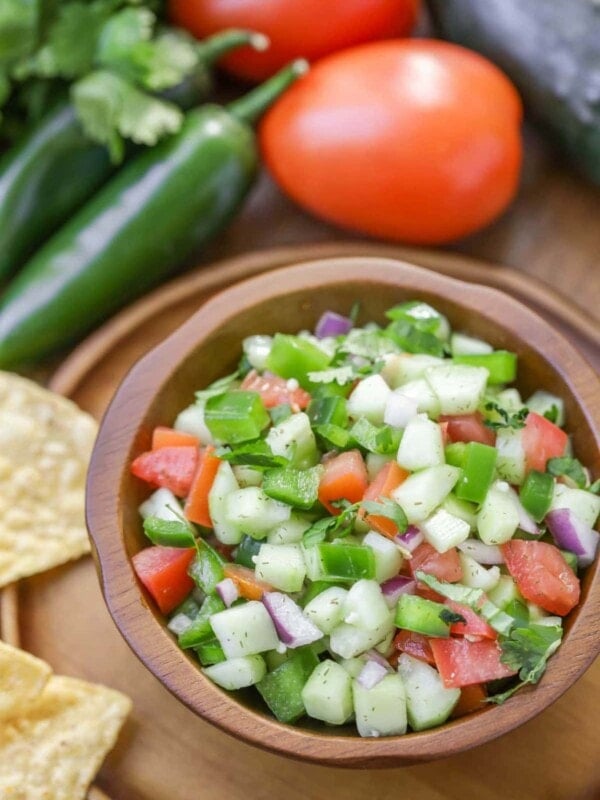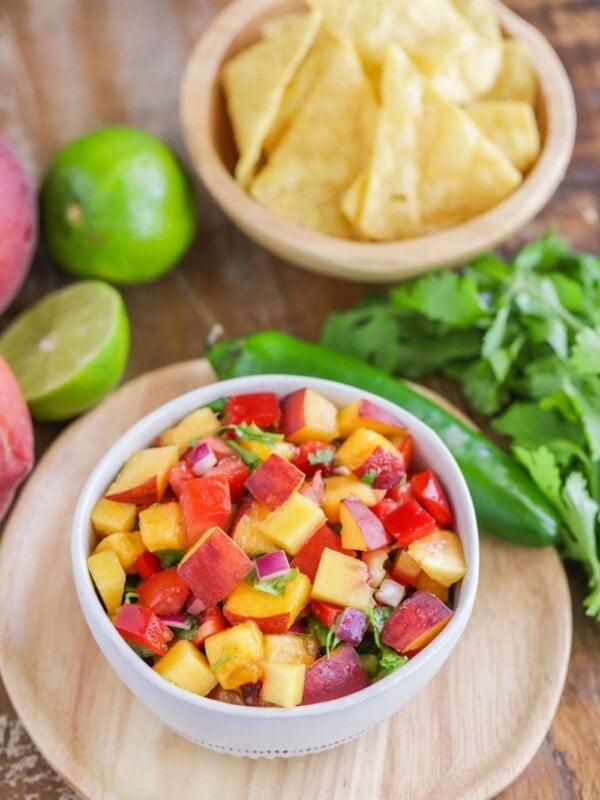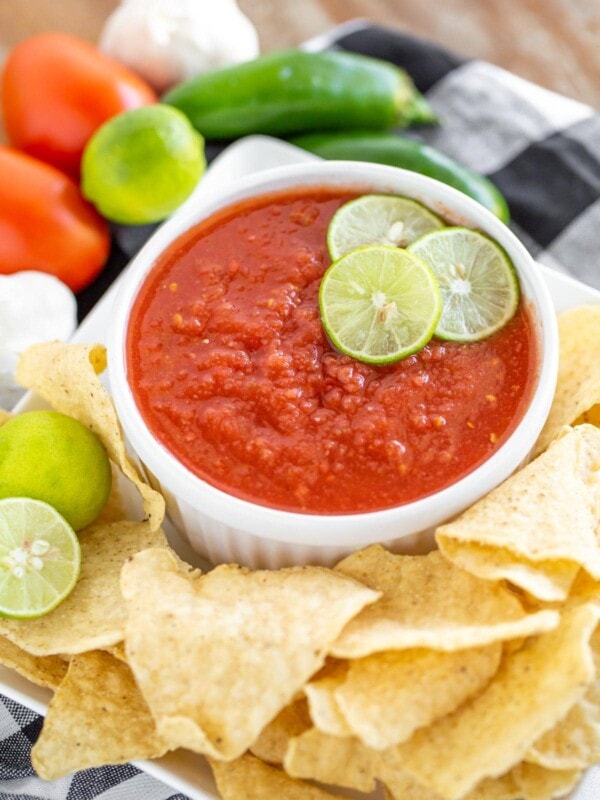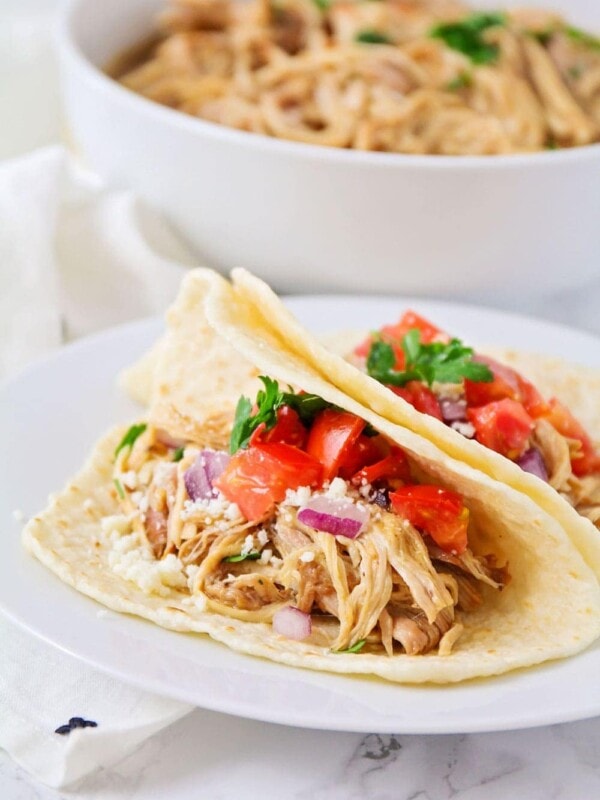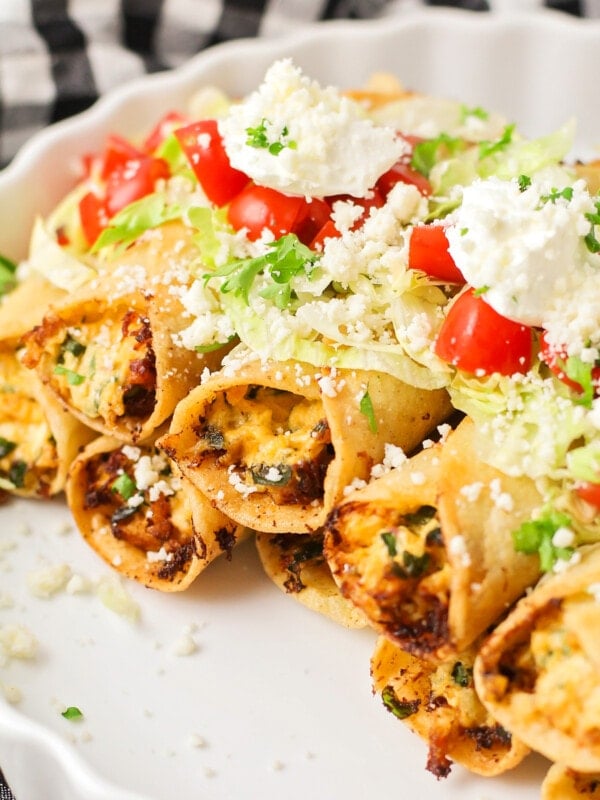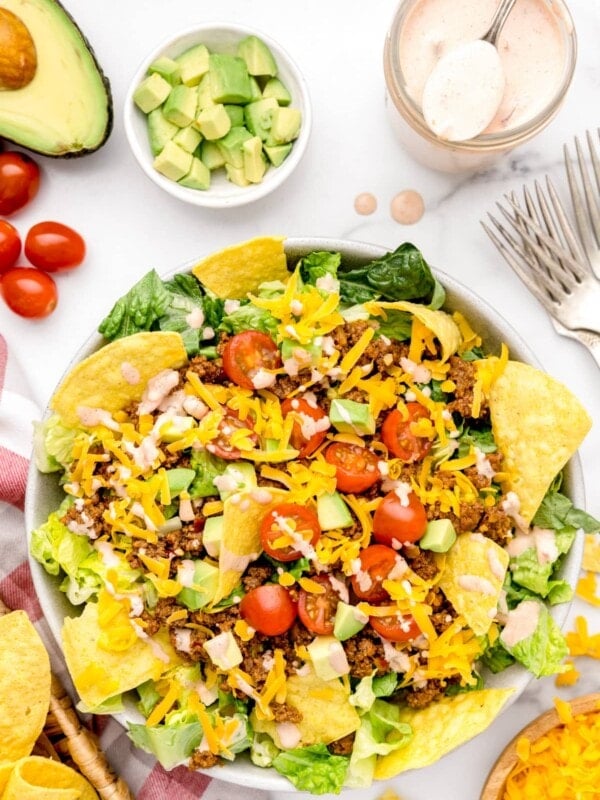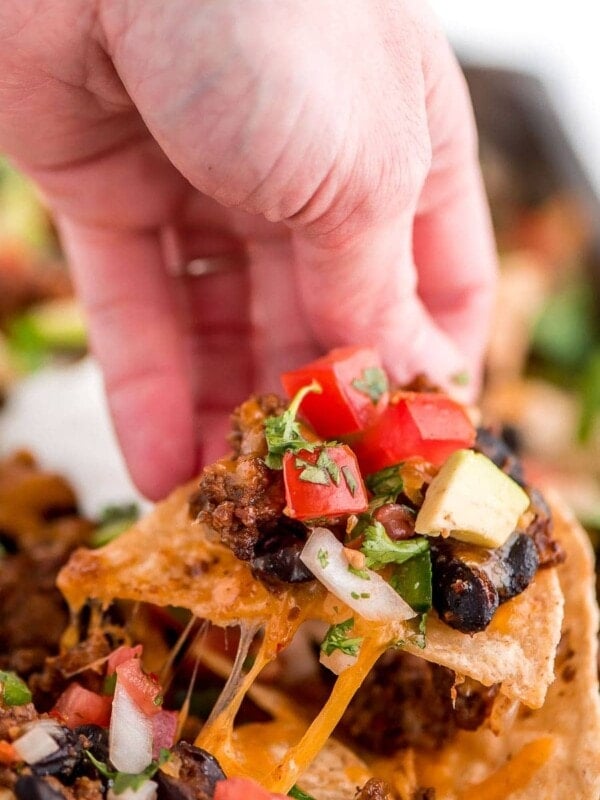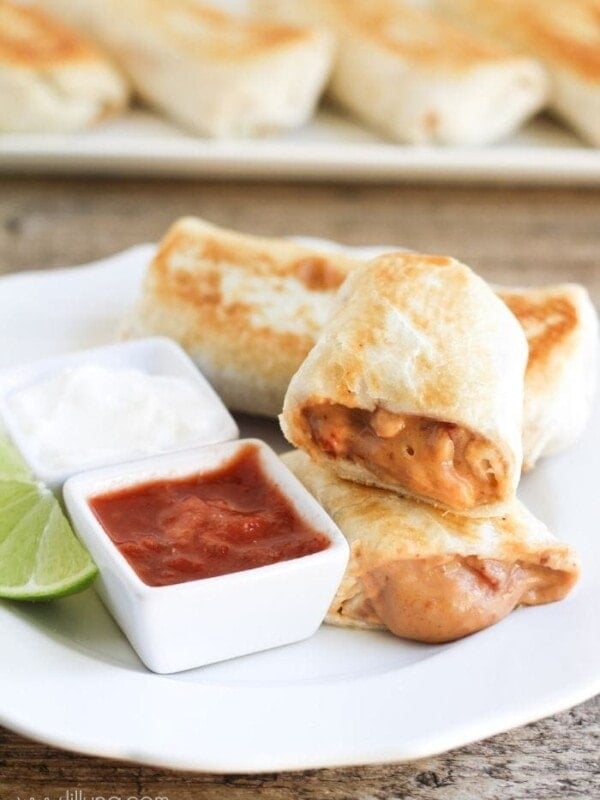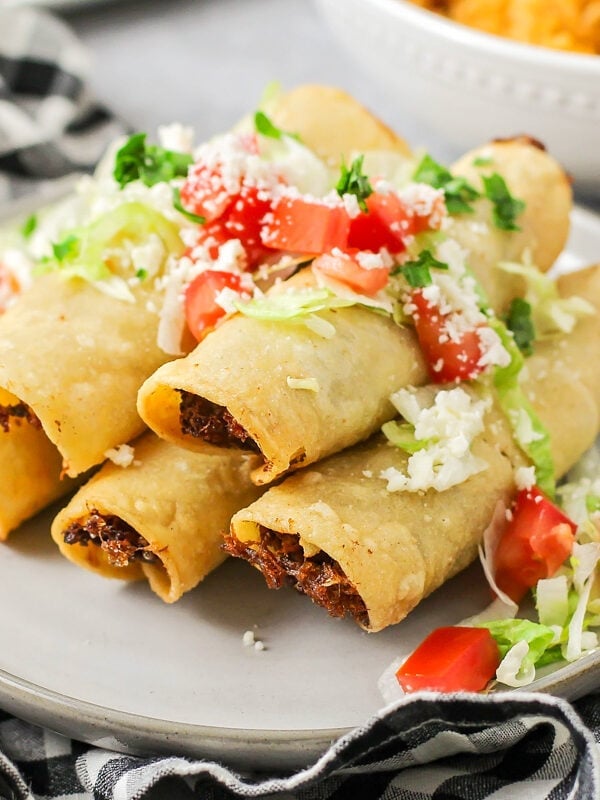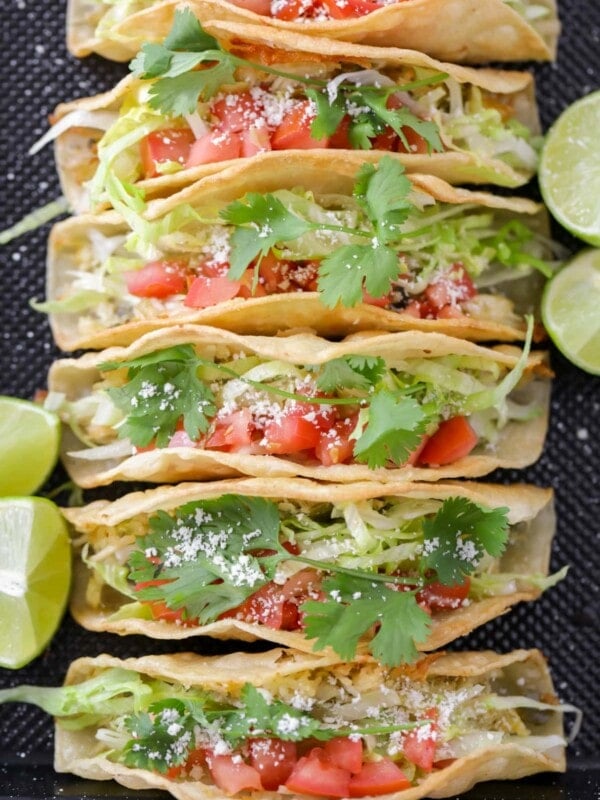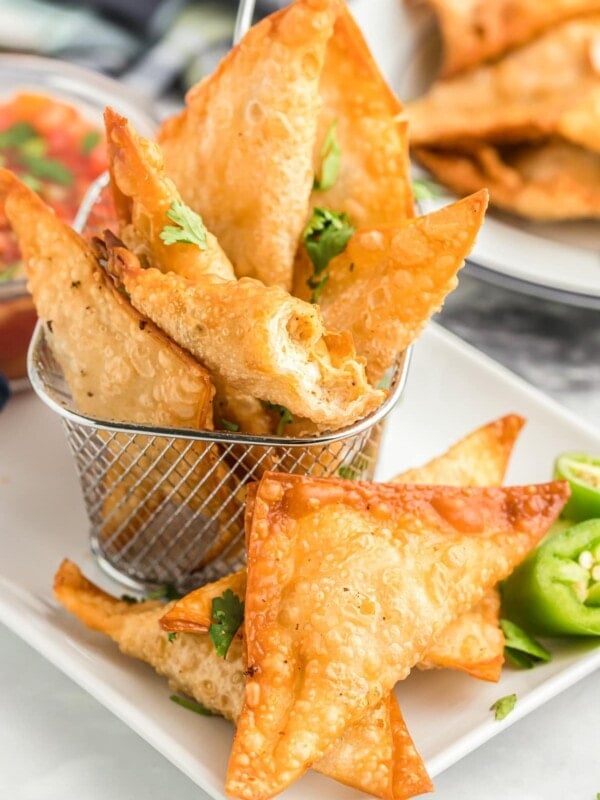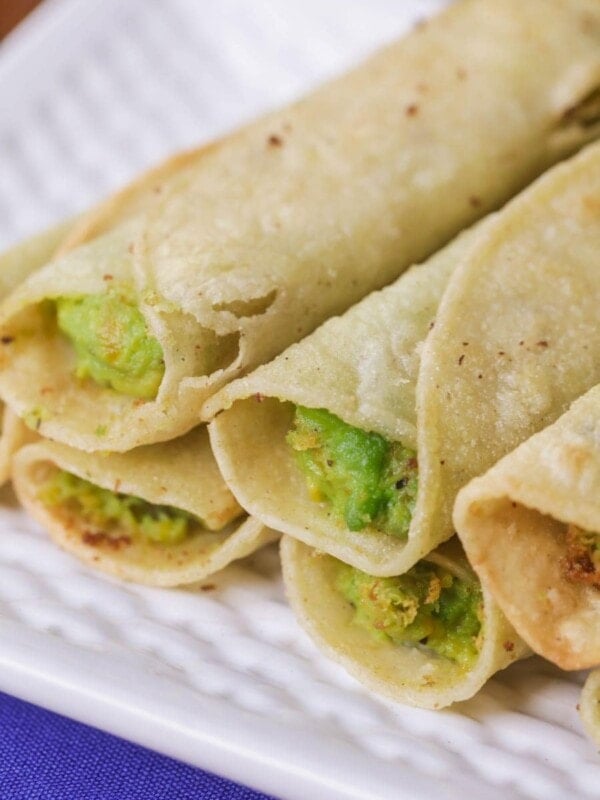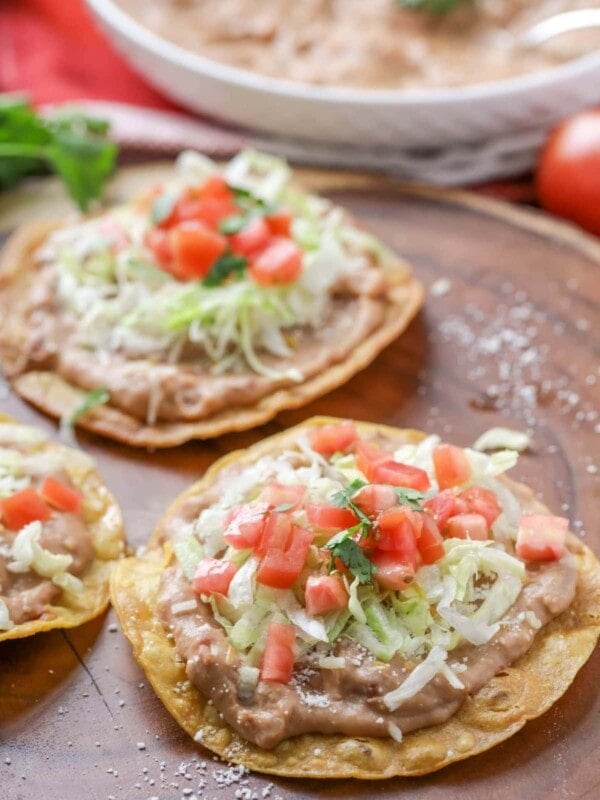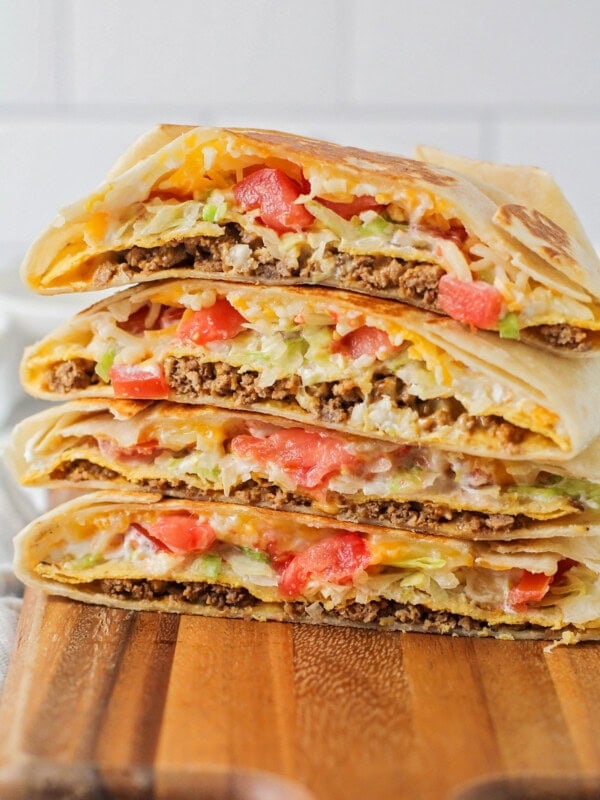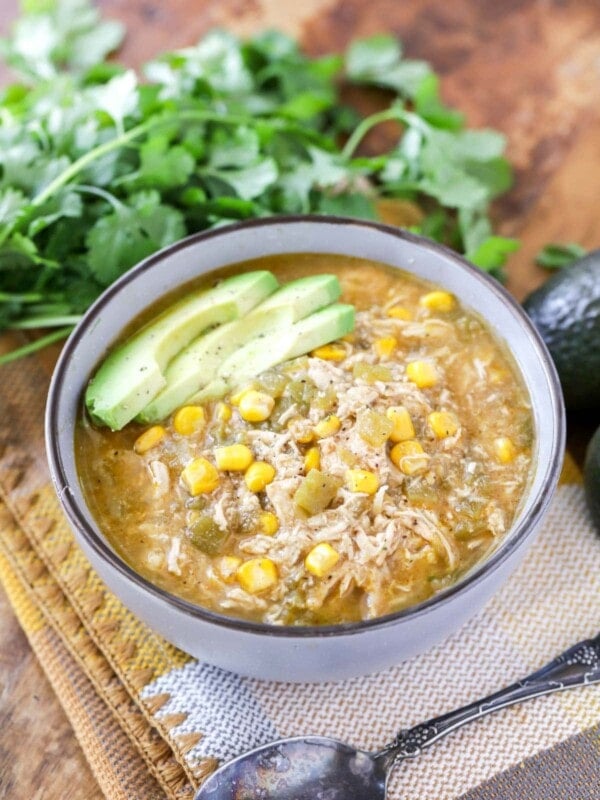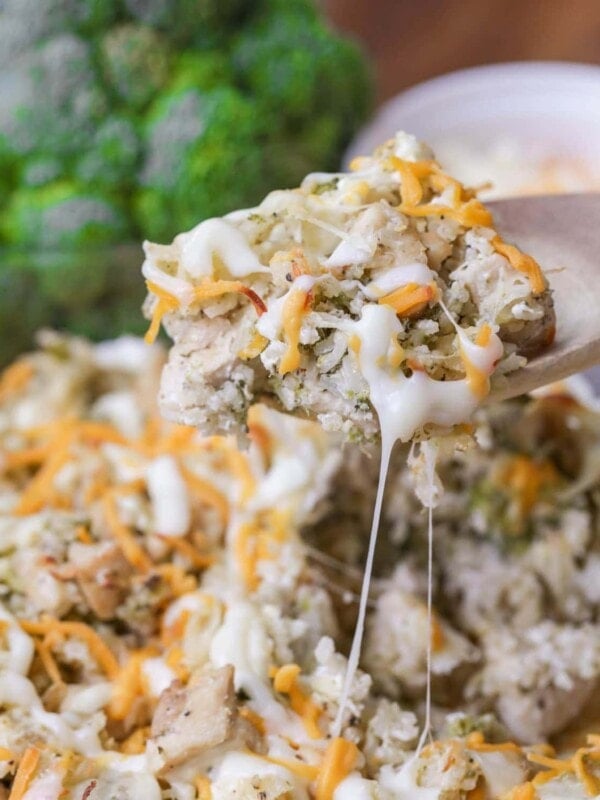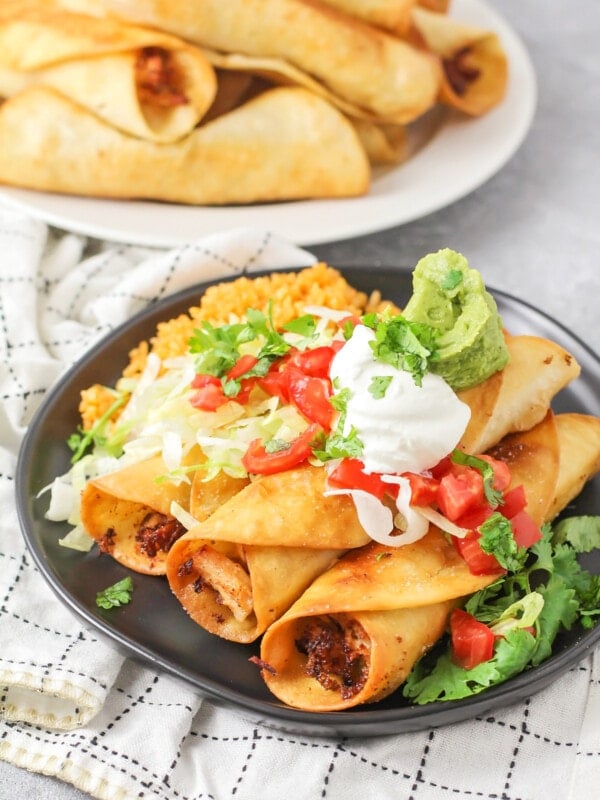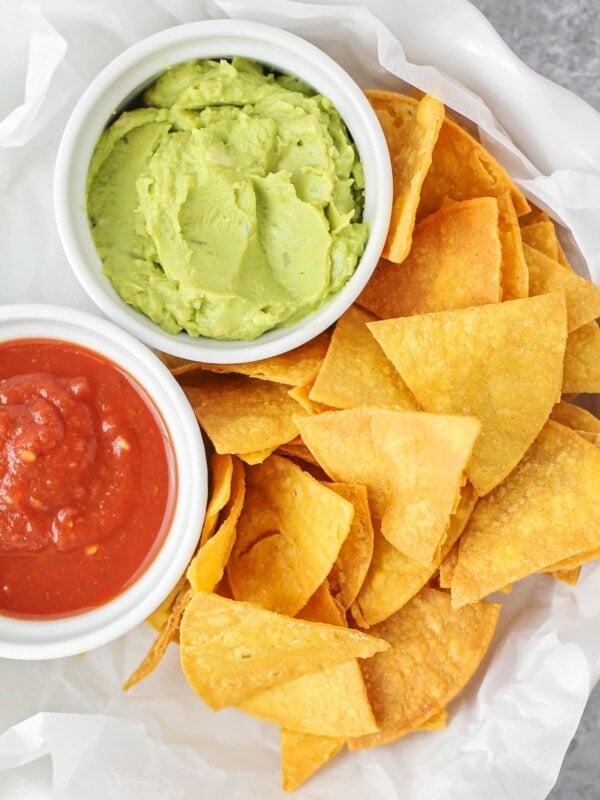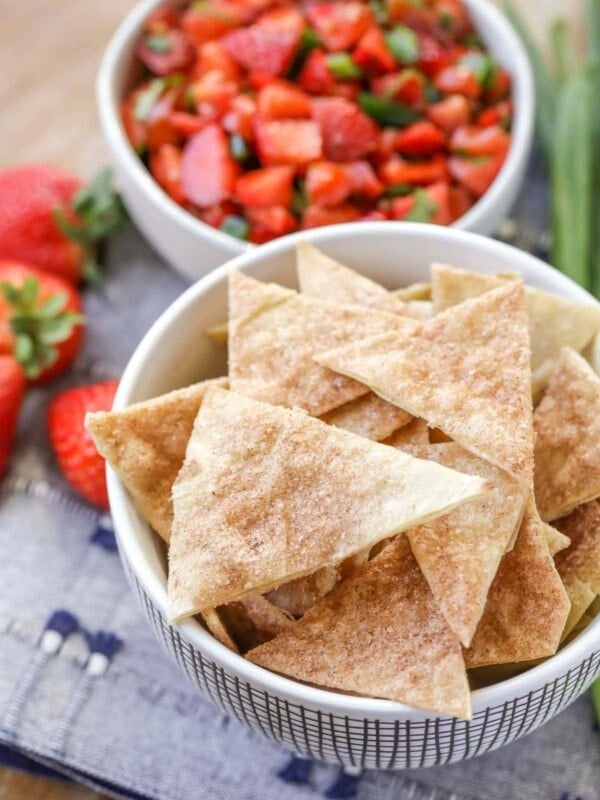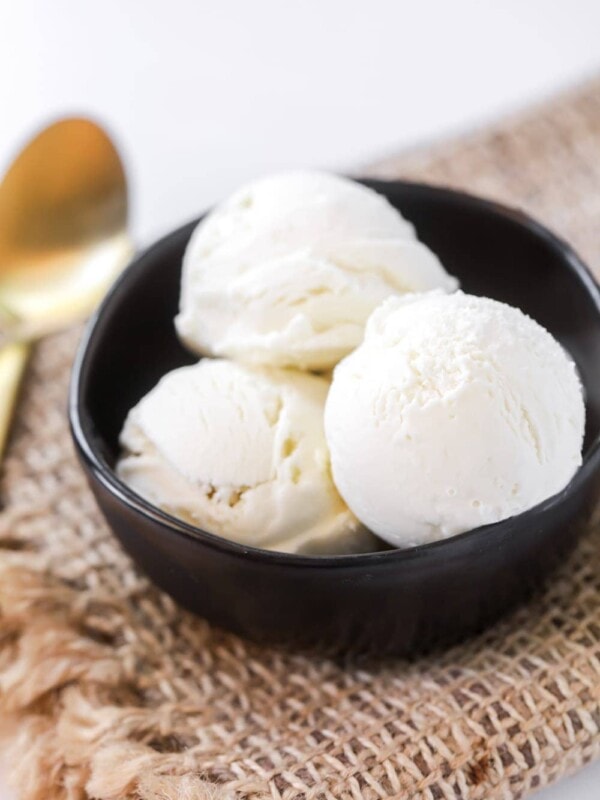Salsa is a household staple, bringing assorted flavors and showcasing global culinary traditions. Explore our favorite recipes, tips, FAQs, and the rich history of salsa!
Homemade Salsa Recipes
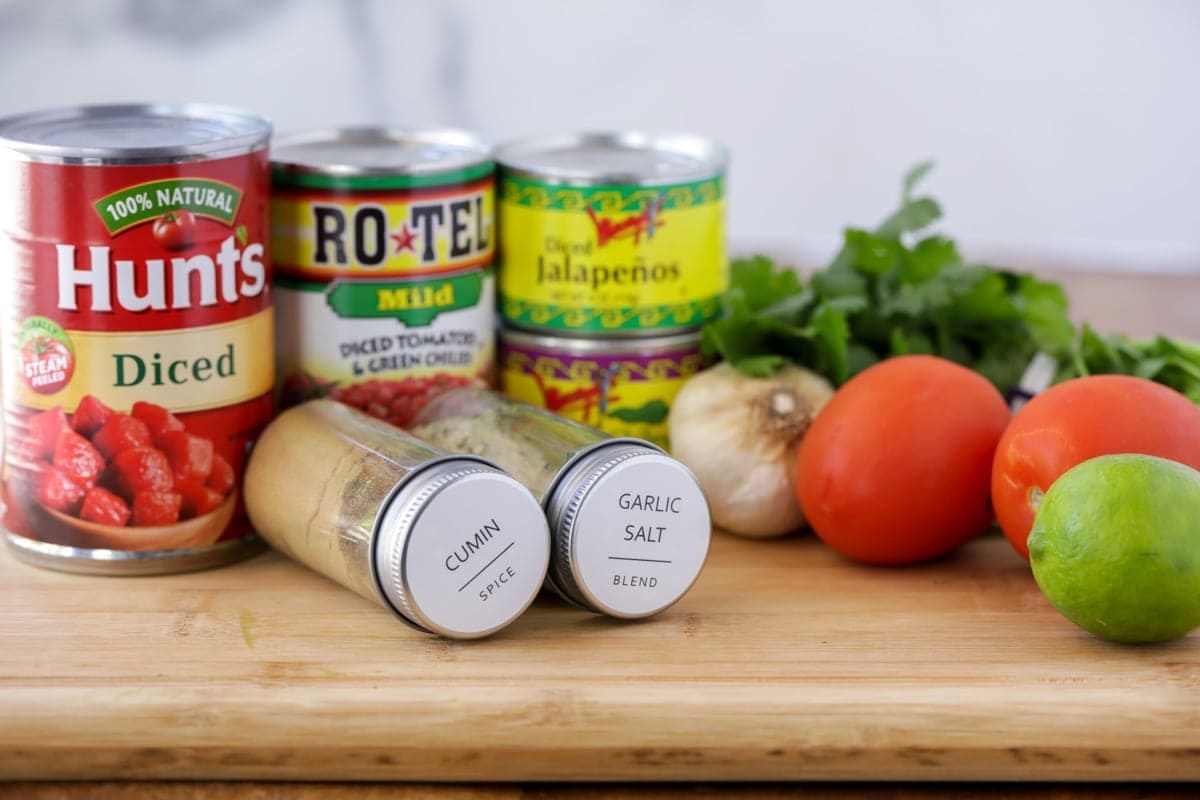
Homemade Salsa: A Traditional Focus
Traditional salsas are deeply rooted in Mexican culinary traditions, and often have recipes passed down through generations. Be it the smooth texture of restaurant-style salsa or the chunky, homemade varieties, salsa is the perfect addition to any Mexican dish. Some of our favorite family recipes to add our Homemade Salsa to is Chicken Quesadillas, Flautas, and on top of our Tamale Pie.
Cultural and Historical Significance of Salsa
Salsa means sauce in Spanish and is known for being a staple in Mexican cuisine, but it actually goes way back, even before Mexican culture. It all started with indigenous peoples in ancient Central and South America. Over the years, salsa has blended flavors and evolved from different culinary traditions.
Pre-Hispanic Origins
Salsa originated centuries ago with the indigenous cultures of the Western Hemisphere, including the Aztec, Mayan, and Inca civilizations. The earliest recipes combined tomatoes, chiles, squash seeds, and beans, served with meats.
Salsa Tips From Experts
Bobby Flay: “Salsa is the cornerstone of Mexican cuisine. It’s a versatile condiment that can be used to add flavor to everything from tacos and enchiladas to grilled chicken and fish.”
Anthony Bourdain: “Salsa is one of the most essential condiments in the world. It’s a great way to add flavor and spice to any dish.”
José Andrés: “I love the versatility of salsa. It can be used to add heat, flavor, or a touch of acidity to any dish.”
Rick Bayless: “Salsa is the heart and soul of Mexican cuisine. It’s a vibrant, flavorful condiment that can elevate any dish.”
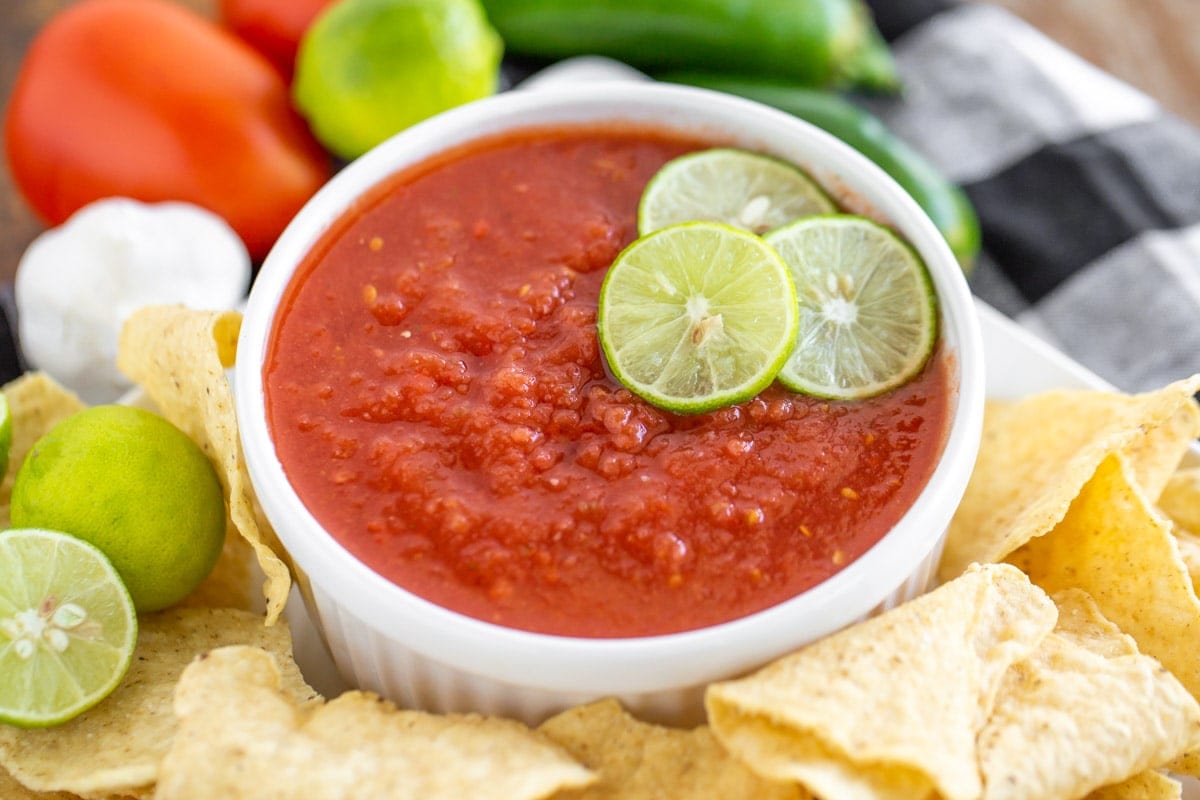
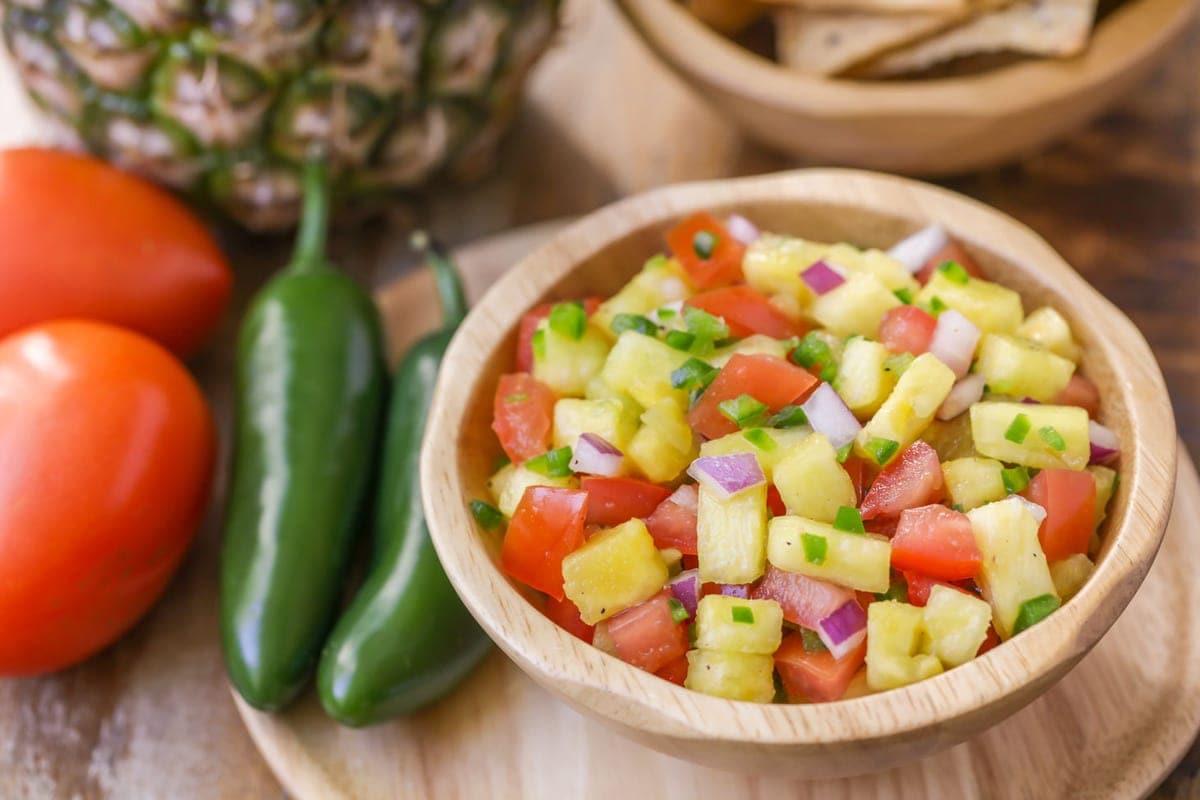
Regional Variations
Mexico has a ton of different salsa styles, thanks to its diverse geography and mix of cultural influences. Each region has its own twist by using local ingredients and blending flavors from indigenous, Spanish, African, and Caribbean cuisines. You can find smoky, spicy salsas in the north and fruity, tropical ones in the south, reflecting the area’s unique history and tastes.
Salsa Types
- Pico de Gallo – A fresh salsa that is uncooked and typically includes chopped tomatoes, onions, jalepenos, cilantro, and lime juice.
- Fruit Salsa – A salsa made of fruit, of course! Some of our favorites are Pineapple Salsa, Mango Salsa, Strawberry Salsa, Peach Salsa, and Cranberry Salsa.
- Homemade Salsa – A classic homemade salsa with tomatoes, onions, cilantro, and chilis.
- Salsa Verde – A tangy, green sauce made from cooked or raw tomatillos, chili peppers, onions, cilantro, and lime juice.
- Cantina Salsa – A salsa that you might find at a Mexican restaurant that includes tomatoes, jalapenos, onions, garlic, and usually has a thinner consistency.
Salsa Flavor Profiles
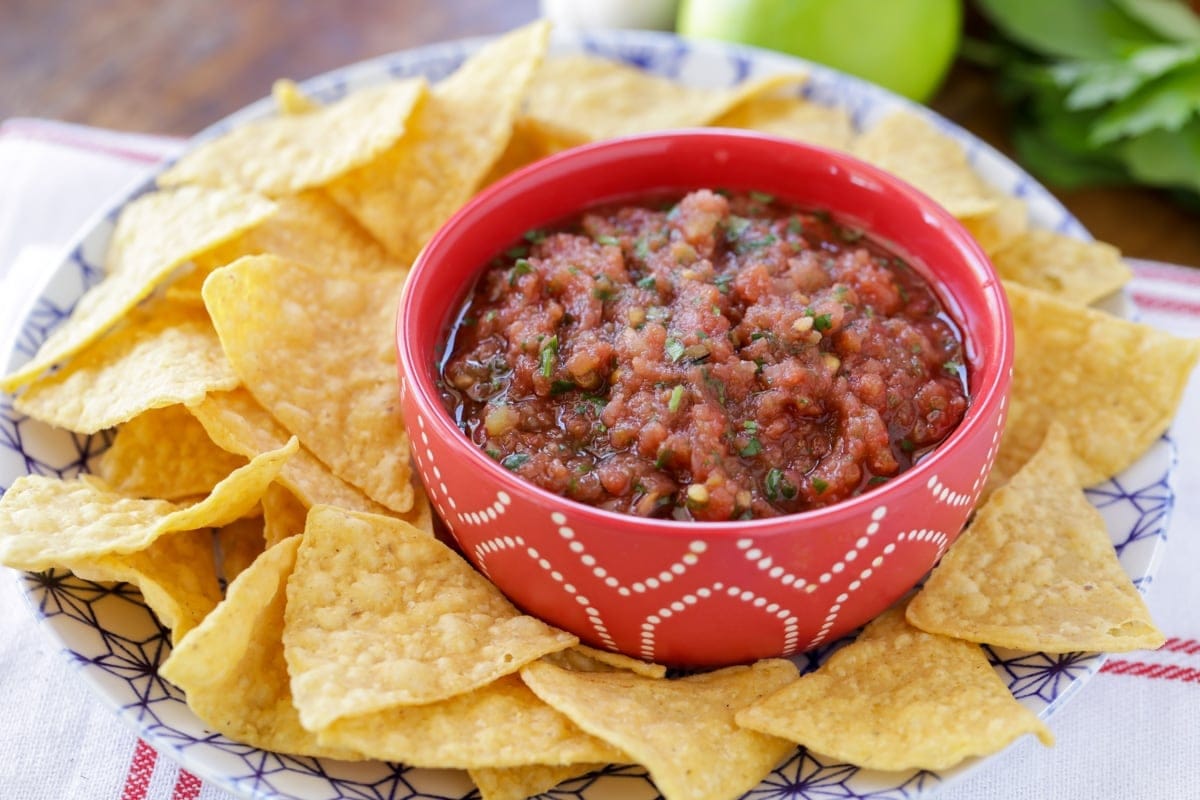
Spicy
Examples: Salsa Roja, Salsa Verde, Pico de Gallo
Characteristics: Has spicy ingredients like jalapeños, serrano peppers, or habaneros.
Heat levels:
- Mild: Poblano chili, ancho chili
- Medium: Jalapeño, serrano chili
- Hot: Habanero, pequín chili
Check out our Homemade Salsa video!
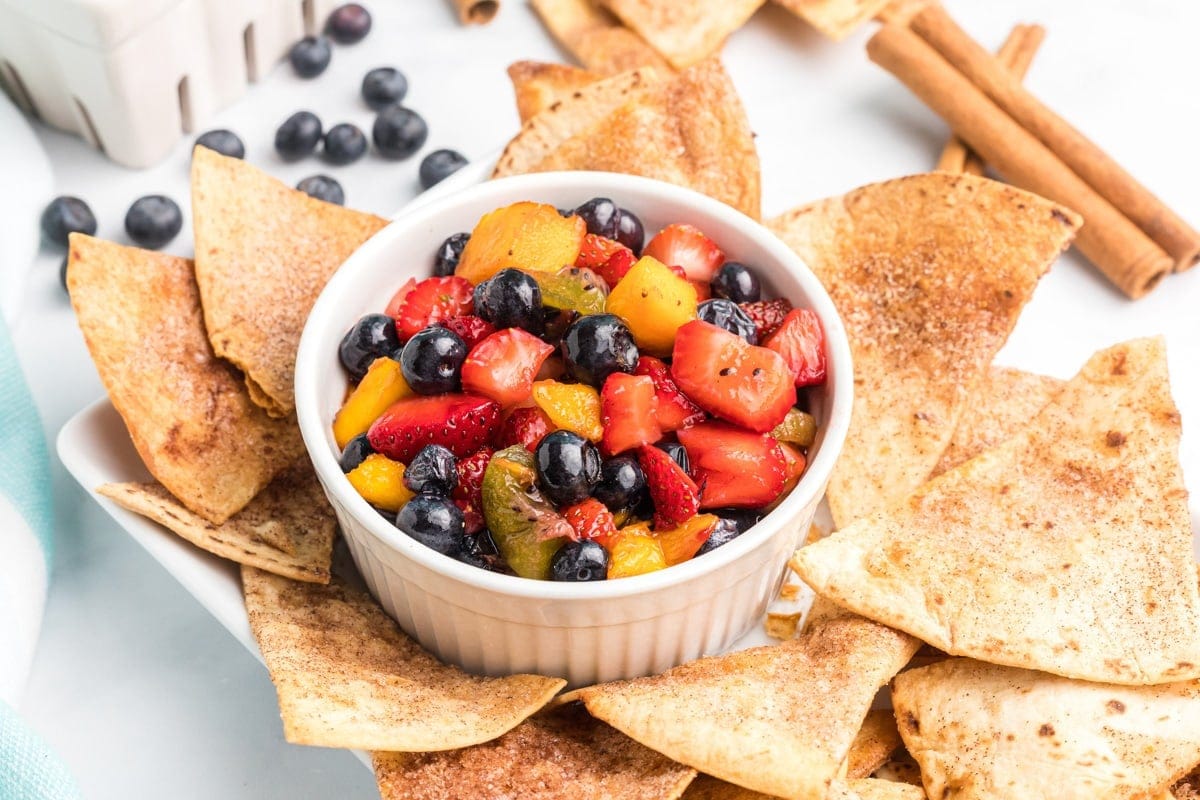
Sweet
Examples: Mango Salsa, Pineapple Salsa, Strawberry Salsa, Peach Salsa
Characteristics: Incorporates fruits for a sweet and tangy flavor.
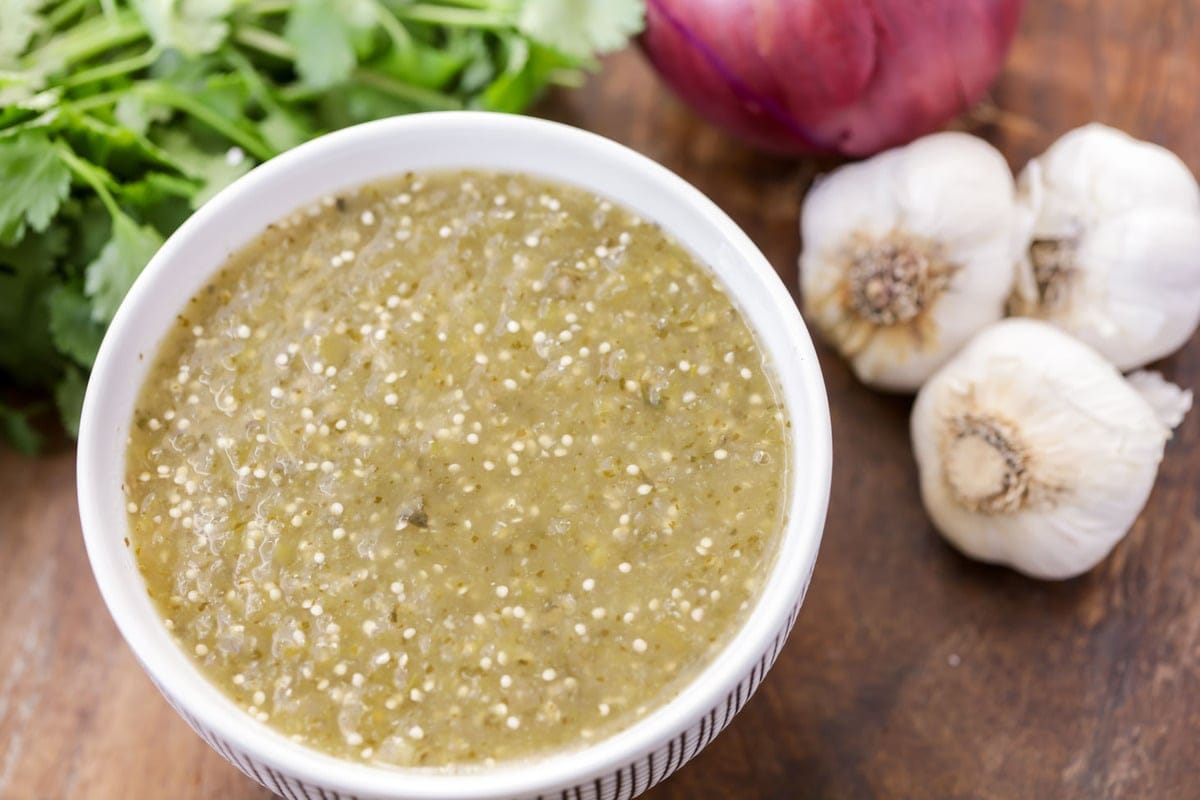
Sour
Examples: Salsa Verde, Tomatillo Salsa
Characteristics: These salsas use ingredients like tomatillos and lime juice to add a tangy, sour note.
FAQs
We have TONS of salsa recipes! Check out some of these salsa recipes:
Homemade Salsa
Chili’s Salsa
Fresh Salsa
We’ve got an entire article on how to can salsa! Check it out here.
We found that there are at least 500+ different salsa recipes in the world! In fact, there are tons of different types out there, with ingredients, regions, and prep methods all playing a role.
The most popular types of salsa are probably salsa roja (the classic red salsa), Pico de Gallo (a chunky mix of fresh tomatoes, onions, and cilantro), and salsa taquera (a smooth, spicy sauce often used on tacos)
Mexican salsa is usually just called “salsa,” but you might hear names like salsa roja (red salsa), salsa verde (green salsa), or pico de gallo for different types.
Our Homemade Salsa recipe includes all the typical salsa ingredients! It features tomatoes, onions, chili peppers, and cilantro. Variations may also include ingredients like garlic and lime juice for added flavor.
Homemade Salsa usually lasts about 5 to 7 days in the fridge, but it’s best to check for any signs of spoilage.
Salsa is usually blended to a smooth consistency, while Pico de Gallo is a chunky, fresh mix of tomatoes, onions, and cilantro.
Yes, salsa can be frozen, but its texture might change once thawed, so it’s best used in cooked dishes or blended into sauces after freezing.
We actually have an entire article Full of Tips for the Best Homemade Salsa!
Once you open salsa, it usually stays good in the fridge for about 5 to 7 days, but it can vary depending on the ingredients and how it’s made.
Cantina salsa is typically a chunkier style of salsa with visible pieces of tomatoes, onions, and peppers, while restaurant salsa is usually smoother and more blended, often served with a thinner consistency.
Salsa Recipes
Fruit Salsa
18 mins
Salsa Verde Chicken
40 mins
Salsa Chicken
40 mins
Cream Cheese Salsa Dip
10 mins
Cucumber Salsa
10 mins
Chili’s Salsa
3 mins
Salsa Pairings
We have found that most salsas are incredibly versatile and can add so much to your dishes. Whether you’re adding a kick to Carnitas Tacos, spicing up Grilled Chicken Kabobs, or using it as a topping for Scrambled Eggs or Nachos, salsa brings a flavor that complements so many different meals. It can serve as a dip for Homemade Tortilla Chips or even be mixed into soups!
What makes salsa even better is that it’s so customizable! You can adjust the heat level by choosing different types of peppers, add more herbs for freshness, or experiment with fruits like mango or pineapple for a sweet twist. This flexibility means you can tweak the ingredients and flavors to make it however your heart desires!
